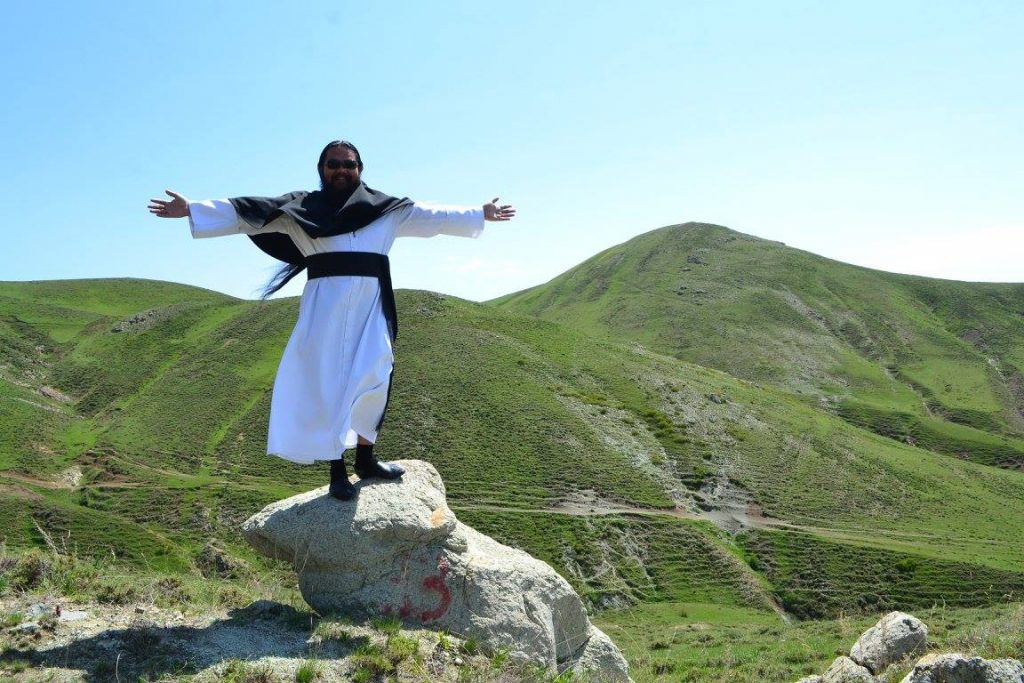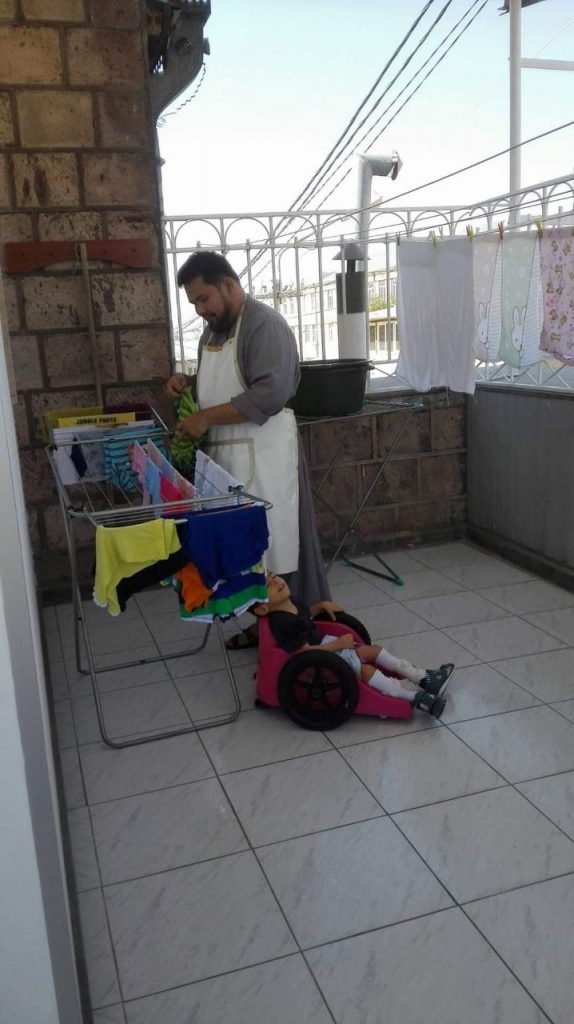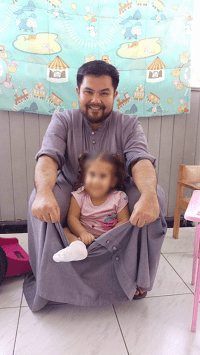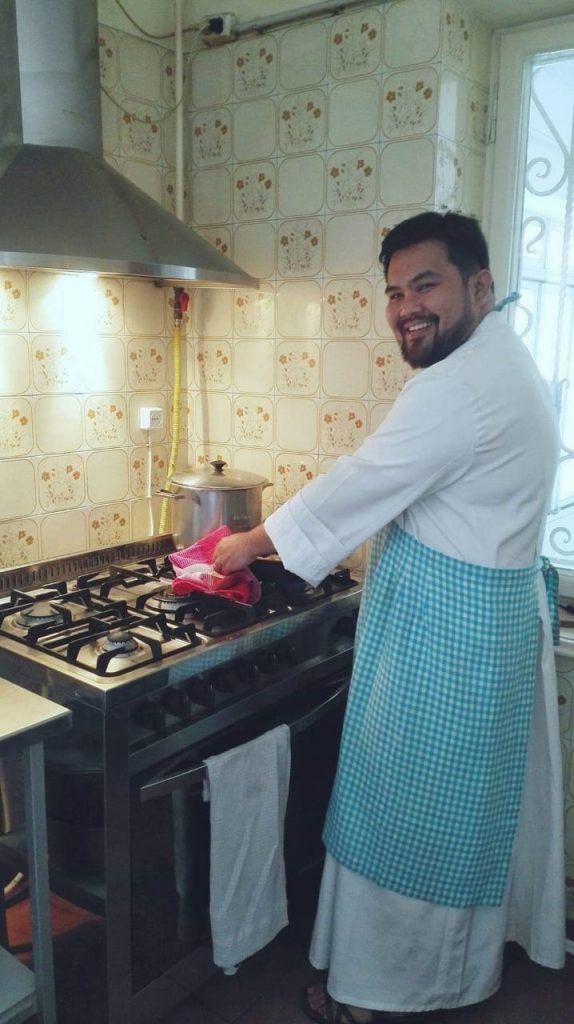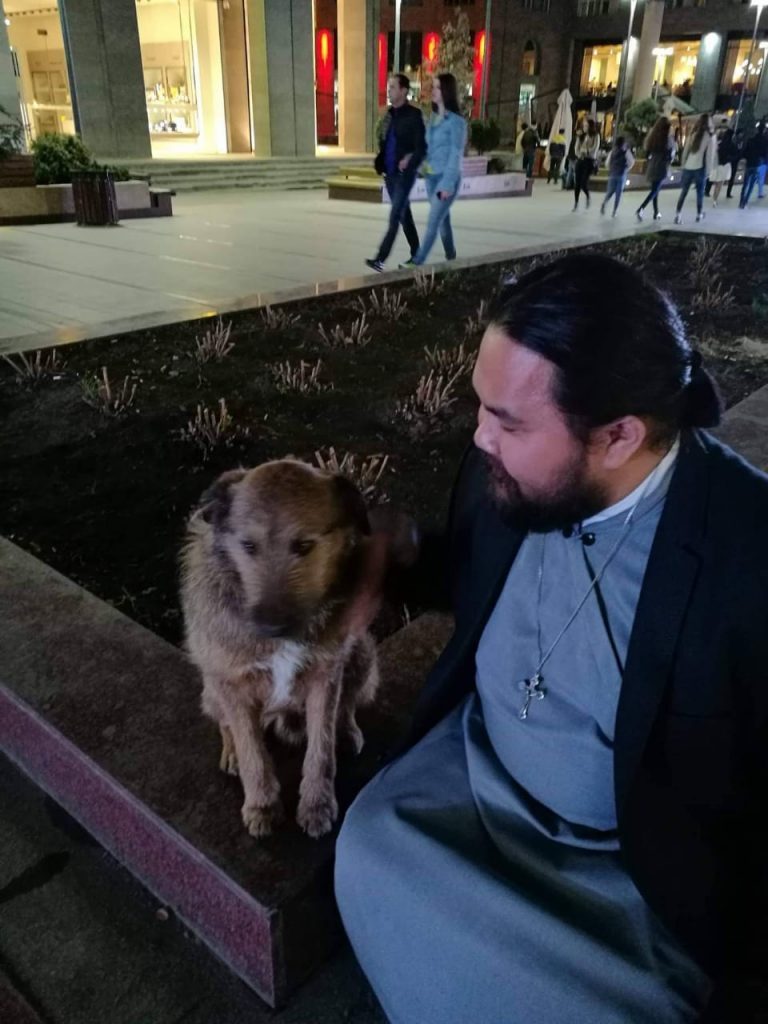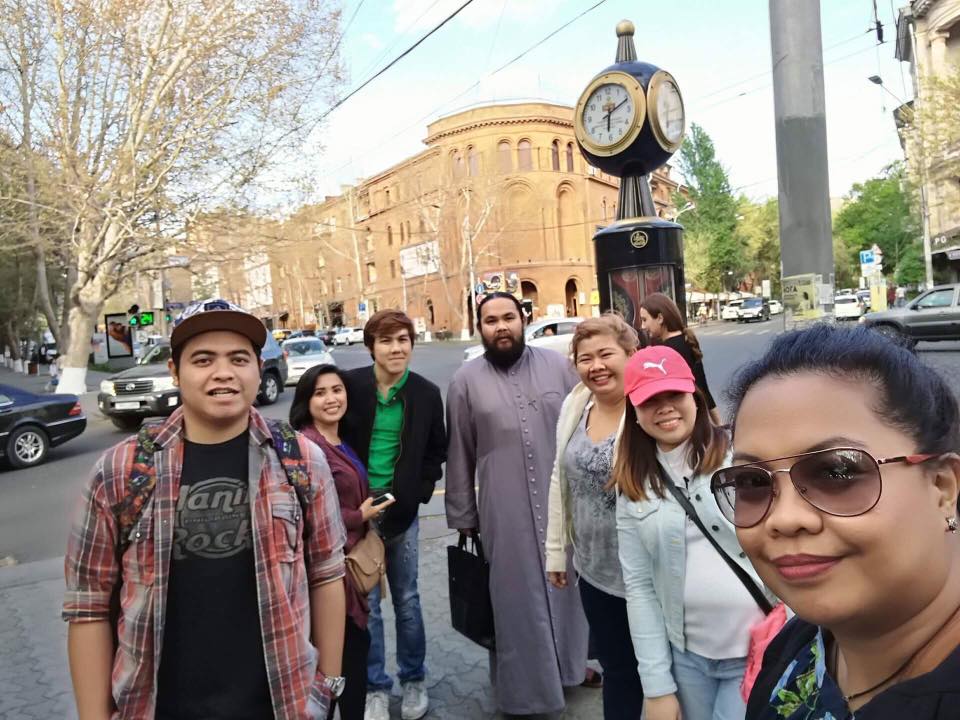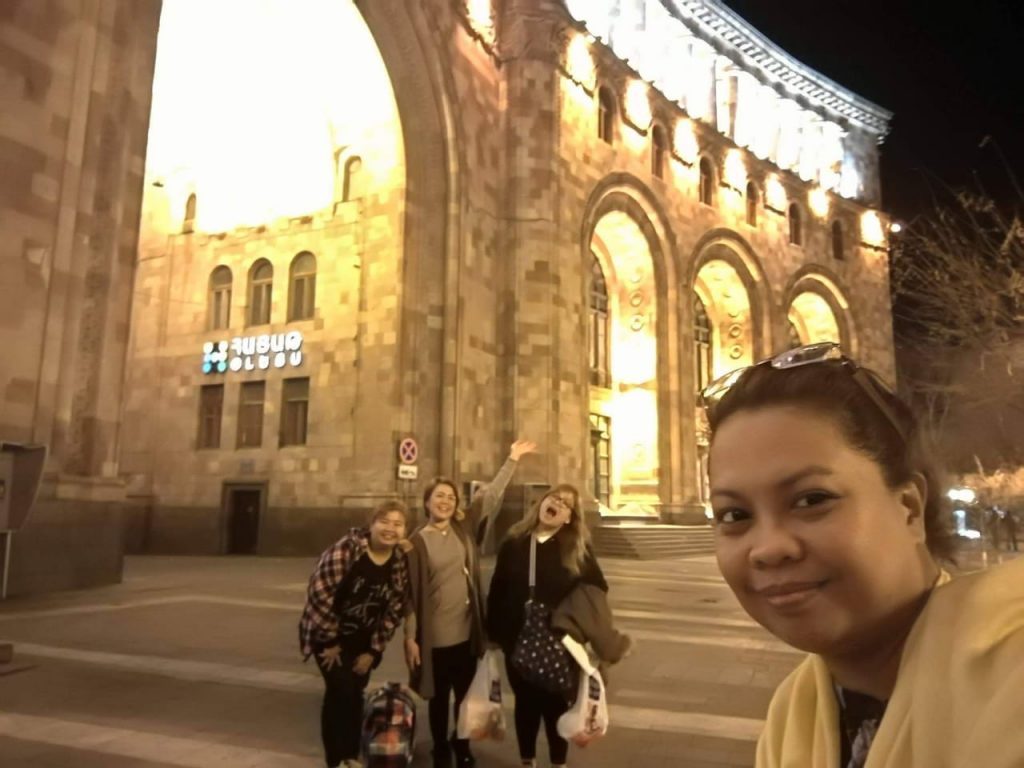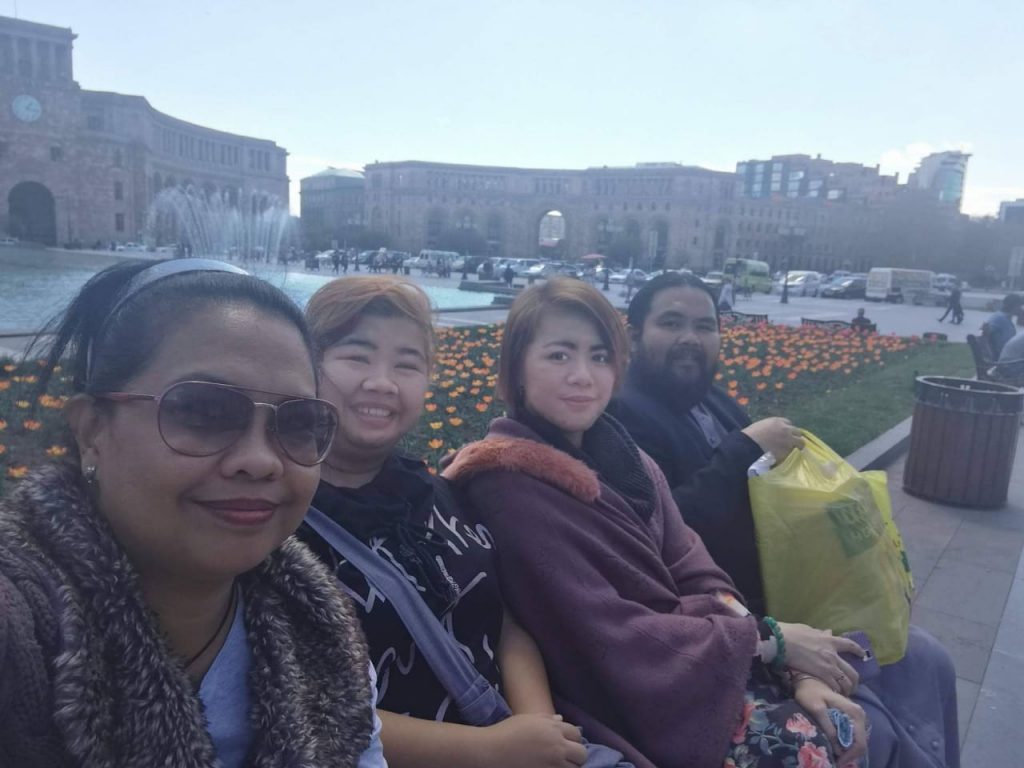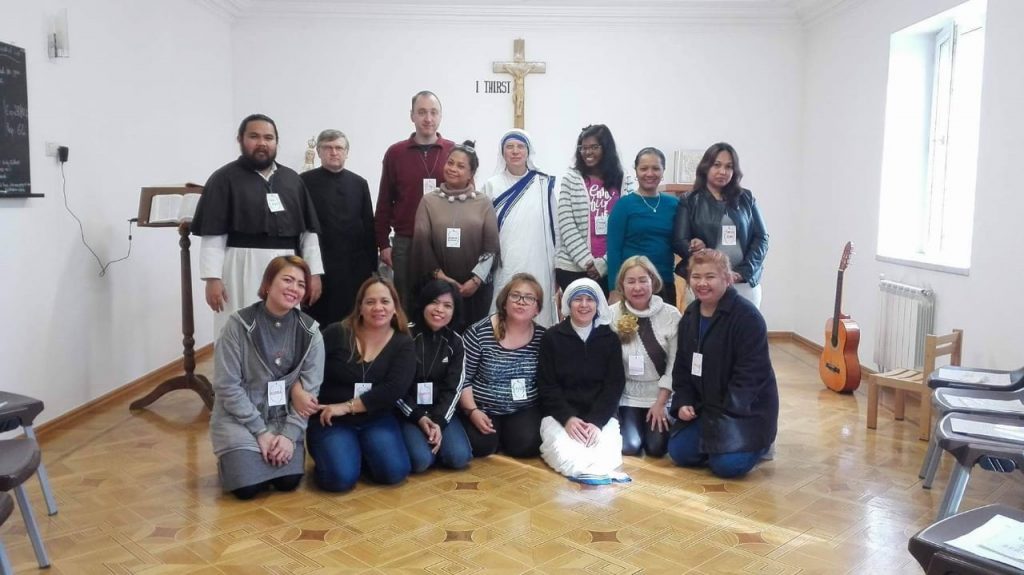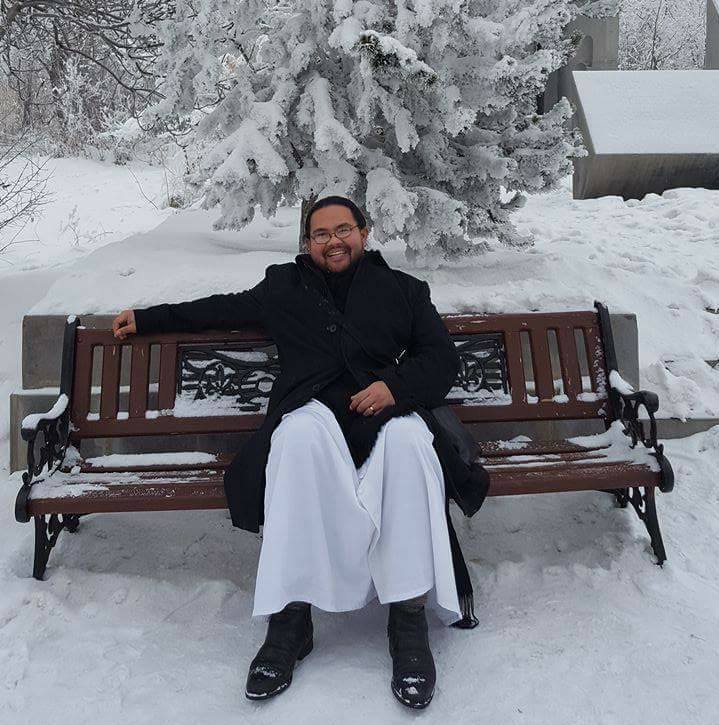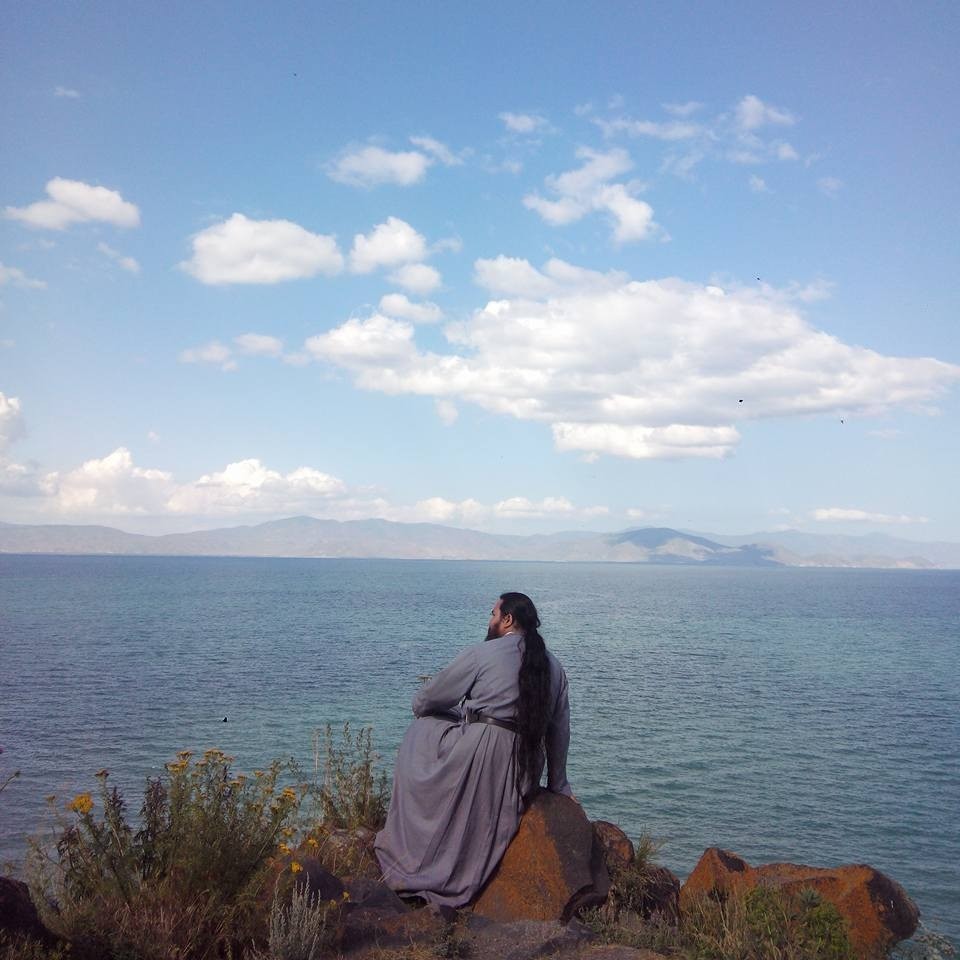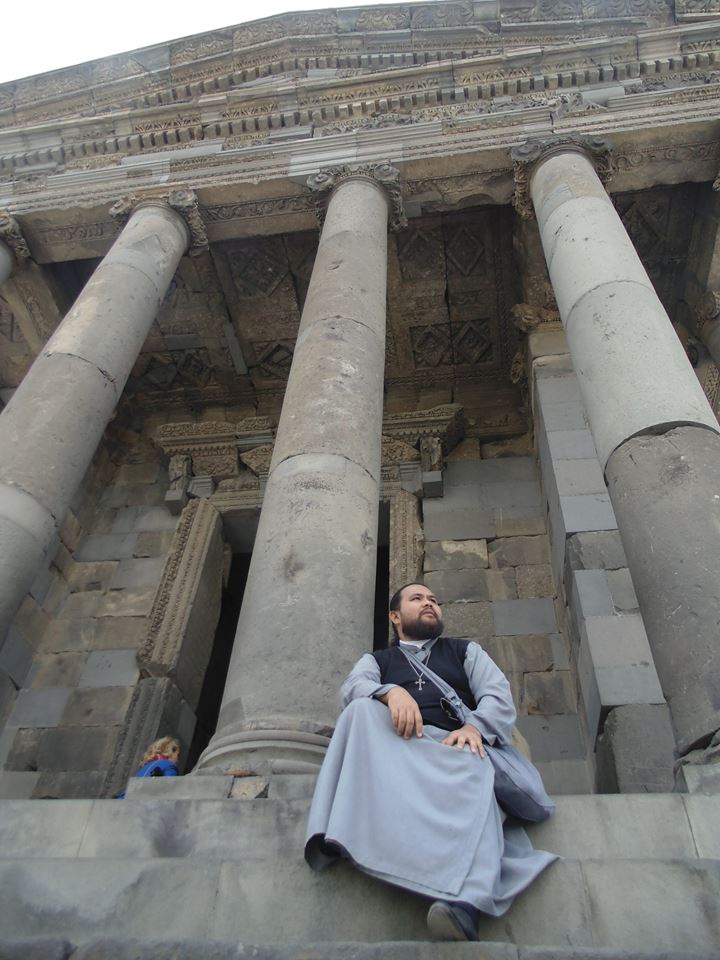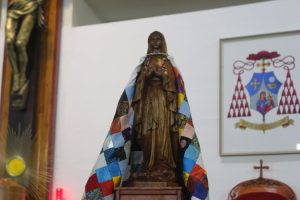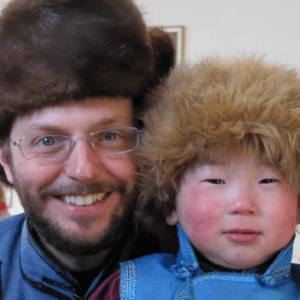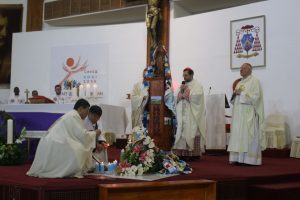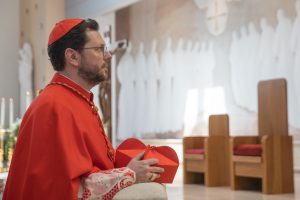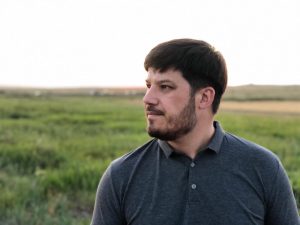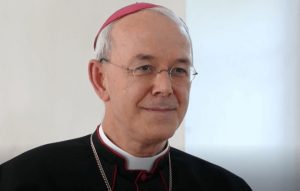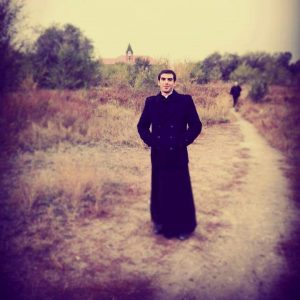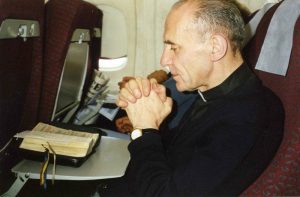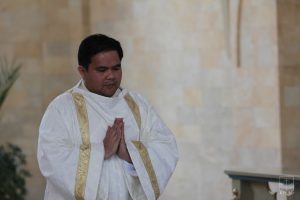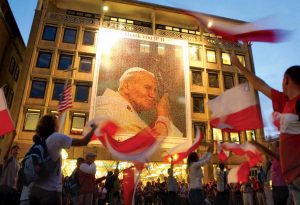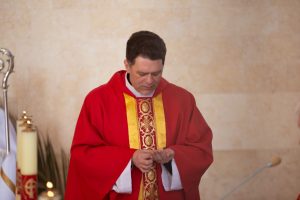Part 3. Armenia
Patrick, our hero, perhaps in every sense of the word is a man of the world. Philippines, Russia and …
– Where did you go after 2016?
– When I returned to monastic life, but already in Vladivostok, as I noted earlier, I needed to continue my formation. For this, among other things, I had to study theology, so I occasionally went to the Philippines to study. But after the second course one needs to go somewhere for the so-called pastoral year. In spite of the fact that my service in Russia was already missionary, which the abbot of the monastery agreed with, it was still necessary to fulfill this prescription. There was an option to go to Mexico, because my friends there invited me. But my abbot in Vladivostok did not give me permission to do so. Many Armenians live in Vladivostok, and he suggested that I go to Armenia to get acquainted with the mentality of these people, because they were the ones whom I had to serve in the future.
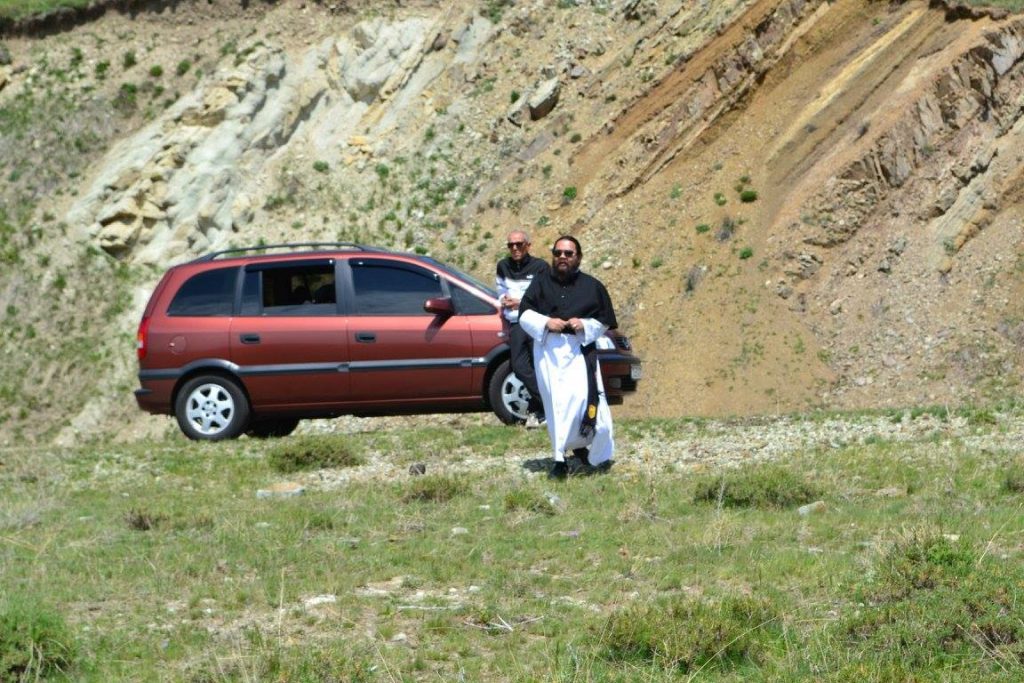
– Does your monastery also have a branch in Armenia?
– The fact of the matter is, it doesn’t. We didn’t even know anyone there. We looked for some contacts via Internet, but found nothing. Later I found the website of the sisters from Armenia, who redirected me to the bishop to address him with an official request. But there was no answer. Then I found out that the sisters of Mother Theresa serve in Armenia. I tried to find their contact information through their own order in the Philippines, but they did not know either. I managed to get the contact information of the sisters in Armenia through the house of the sisters in India. When I contacted the sisters, I explained the situation to them, and I said that nothing had been received from the bishop on the official request. The abbess of the monastery allowed me to come to them. For some time at first I stayed with the sisters in the guest room. When I was already there, I met the bishop, it turned out that I received the old irrelevant mail address, so my request did not reach him. He gave me permission to serve in Armenia.
– Did you continue to help sisters of Mother Teresa?
– Yes, the sisters were engaged in working with disabled children, so I helped them. I could not wash them because I was afraid, but I helped feeding them, washed their clothes with my hands, because the sisters did not use the washing machine. I also carried out a street apostolate, as I called it. That is, I walked the streets in search of those who needed help: food or a simple conversation. Everyone has a story to tell, but not everyone has someone who would listen to that story.
– Did the citizens of Armenia make contact easily? [I don’t understand the meaning of this exactly … who contacted who?? Or could it be translated as “Did the citizens of Armenia open up easily to you?”
– It is not always easy to open the soul. But many need it. So, on the street I met a man who was left alone as his whole family died during an earthquake. He was a musician and he played the accordion perfectly. Every night he played on the streets to get at least small alms from passers-by. He was very sad because he couldn’t find a normal job due to health problems. During the earthquake he was injured and that’s why he couldn’t perform heavy labor anymore.
– It is hard to imagine a person talking about secret things to a stranger. How did you find an approach to people?
– In fact, when I went out to exercise the street apostolate, often late in the evening, I always took some food with me to feed the hungry, because there are many poor people in Armenia. I myself sat down to eat with them, and started a conversation. Once I met a woman who offered me to buy a small icon from her. I told her that I have no money, but I do have time to talk. She seemed stunned by my answer. I smiled, noticing the surprise in her eyes, and she smiled at me – so the conversation began. I gave her a meal. It turned out that she had three children, and her husband, all who also died in an earthquake. Now she has to take care of her 9-10 year old grandson, whom her daughter gave birth to a child out of wedlock, and works hard to provide for him [This sentence was also a little difficult to understand correctly .. have I read it right?]. I treated [treated her of what … to what???] her, and we had a talk. The Sisters of Mother Theresa are engaged with the poor, but they do not walk the streets themselves, the poor come to them. So I helped them to deliver packages with the necessary groceries to the families that really need it. Since that time, I began to deliver to this woman a bag with different groceries as well.

Patrick is cooking for the poor
Patrick fed poor dogs as well
– You mentioned that often you went to the streets in the evenings. Wasn’t it dangerous to walk the streets at such time of day to a foreigner?
– In fact, there are many Filipinos in Yerevan. They mainly come from Dubai to extend their visas. There was a hostel, which I often passed by – it’s director knew me as a monk. Next to this hostel I often met Filipinos and invited them to the sisters’ house to sing in the choir. It is hard, though, to call it a choir, because often new people became its members every time. Actually, in Armenia there is practically no Roman Catholic Church as such. They have their own Armenian Catholic church. Roman Catholic Divine Services are mainly attended by foreigners who work there or come for some business. I often invited these new friends from the Philippines to walk the streets with me. Well, when there is a company, it is not so scary. I even created a group that I called FIAT – Filipinos in Armenia Together.
– Why did the street apostolate have to be carried out mainly in the late evenings? Did you have a lot of other work during the day?
– Partly for this reason, but actually the reason is different. Most restaurants in Yerevan close at 11 pm. And restaurants throw away the leftovers. People who have nothing to eat, at this time go to the streets in such places to get discarded food and eat. On one of such evenings, when my friends and I were looking for hungry people, we saw a guy named Tigran sitting in the corner. I suggested to friends to approach him, but they warned me that it could be dangerous. I approached him myself, said hello. He did not respond, just looked at me. I asked if he was hungry. He pointed out to his plastic bag, making it clear that he had already collected some food. It was clear that he was not in the mood for talking. But there was deep sadness on his face. I asked him: “Why are you here so late?” He looked at me and asked me: “Are you a priest?” I always walked in the streets wearing my habit. I answered positively, so as not to go into details. Then he asked me why I was so late on the street. I laughed and said: “Maybe because you are still here.” He smiled back. I asked if he wanted to talk. He silently looked at me. Then I realized that he already started to open up. I sat next to him in the corner. I asked him if he wanted to tell me what happened, then he told me his story.
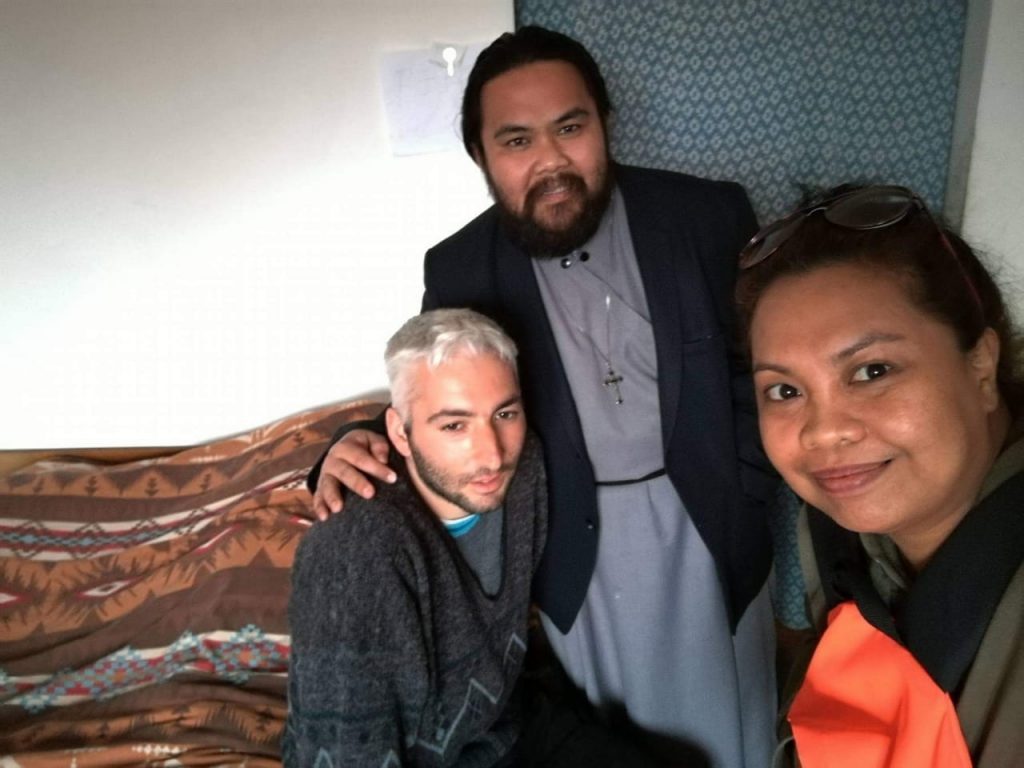
At that time he was 24. He was deeply depressed. His father was an alcoholic. Because of this his parents were constantly cursing, which led his eldest brother to commit suicide. Tigran could not understand nor accept this. He didn’t want to talk, was silent. He was a very good artist. But due to depression he left this occupation as well. His mom, after the death of his brother, went to Ukraine to work, and his father continued to drink. So, Tigran stayed with his father, who always drank alcohol and swore.
– What do you think is the help of such conversations?
– I know that many people consider this kind of work as very small one and don’t want to do it. Everyone wants to do something significant. But I want to do exactly that little work, because it can be very important for someone. So, Tigran said that evening: “Father, it’s very interesting for me. I have been in this state for a long time, I often sit here, look at people, how they walk, talk, laugh. But during this time there was no single person who would stop by and talk to me. ” We, people, want to do something important in our “busy-ness,” but we forget to do small things that others might need so badly. I do not do anything global at all, only small things that no one else does, perhaps considering them unworthy, but I do them with love. For me this was not much, but for Tigran it was a lot then. He said: “Thank you, father, for finding me.”
– Didn’t those who served directly in Armenia join you?
– I lived in the house where the priests stayed. Once a seminarian there asked me why I come back so late. I said that if he wanted to know the reason, he could come with me, but he refused.
– So, despite the fact that the Roman Catholic Church is not very developed there, still there is a seminary?
– No, Roman Catholics in Armenia submit to the Roman Catholic bishop from Georgia. Later, I happened to meet him at the sisters’ house. I expressed my regret to him that those foreigners who lived there couldn’t experience a full spiritual life, participate in Divine Liturgies, and they can only visit the sisters of Mother Teresa, the priests come there only once in 5-6 months. I said that with the permission of the abbot, I can stay and serve there. The bishop liked that idea. My abbot decided that another brother would come, and we could open a new house there in order to continue the ministry that I had already begun, especially working with foreigners as many of them did not speak Armenian, only English. But at that time I was not a priest yet, I had to finish the study of theology. And of course, before embarking on this ministry, it was necessary to finish my education. At that moment it was already August, and in the Philippines the school year begins in June, so it turned out that I was already three months late – there was no point in going there anymore. Then the bishop offered me the possibility to go to finish my studies at the seminary in Kazakhstan, where seminarians from Georgia studied as well. With the permission of the abbot, I contacted father Peter Pytlovany, who at that time was the rector of the seminary, and went to Karaganda, to a place that I had never even heard of.
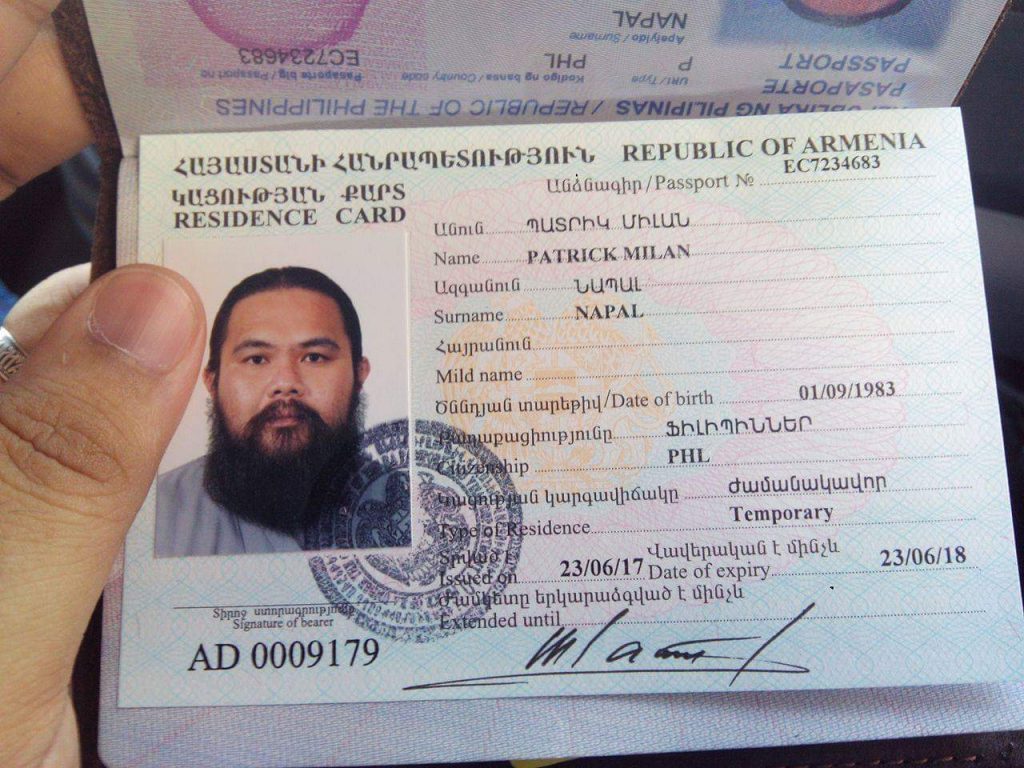
– So you left Armenia with the idea of returning there soon?
– Precisely. Moreover, at that time I did not want to leave at all, even for a short period of time. It was a great pity. I had already received a residence permit in Armenia. I literally cried when I left because my heart told me that I should be in Armenia.
What could change this situation so quickly and so drastically, we will find out here.
